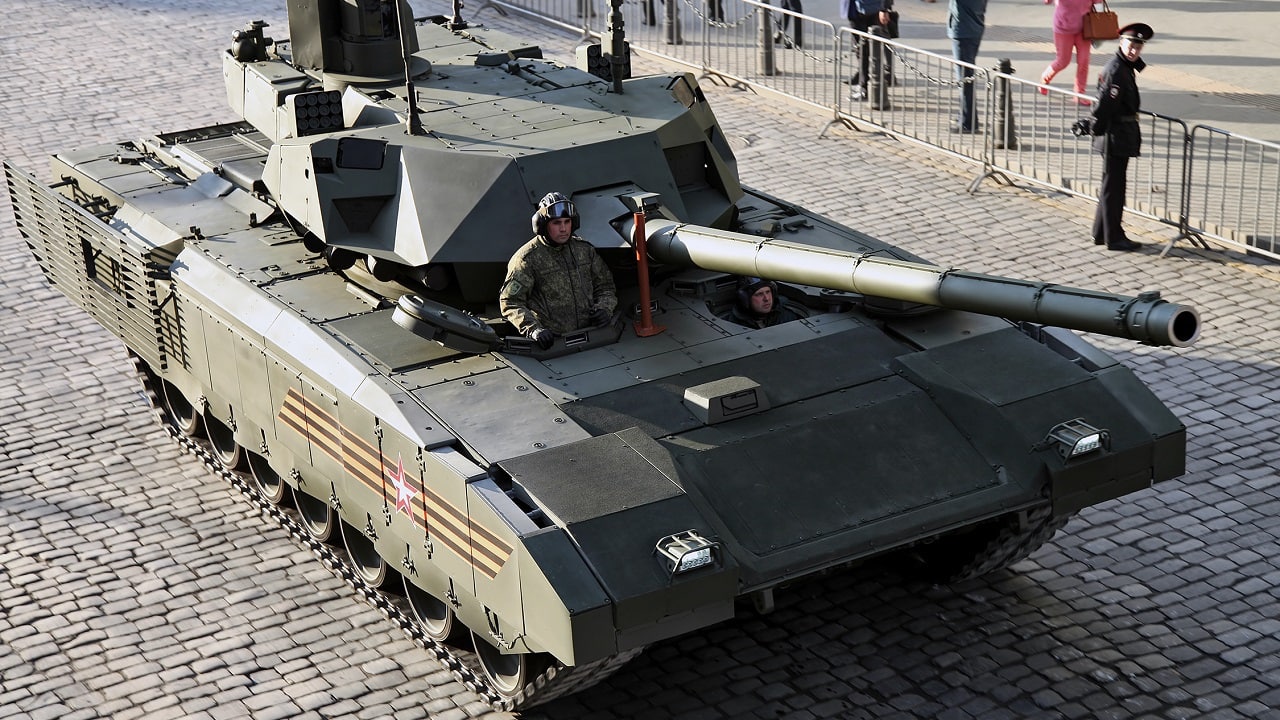The war in Ukraine might be going on without any light at the end of the tunnel, but life in Russia continues.
In a few months, Russian citizens will flock to the polls to vote for their new leader.
Although the war in Ukraine has gone terribly for the Russian military, with more than 300,000 casualties and thousands of heavy weapon systems lost, Russian President Vladimir Putin will almost certainly continue to rule over Russia.
Election Year in Russia
In its latest estimate on the war, the British Military Intelligence assessed that “Russian President Vladimir Putin will almost certainly run again, despite having not yet publicly announced his intention to do so,” in the upcoming elections that are set to take place on March 17.
Putin hasn’t launched his bid yet, but he is likely to do it in the following weeks, which would align with the end of the summer/fall fighting season. Judging from the pace of the fighting, it is increasingly likely that the Ukrainian military wouldn’t have achieved an operational breakthrough by that point. That would translate to a victory for the Kremlin and Putin, and it is likely to influence the election.
There is a particular contradiction in the Russian political system. Although elections are often manipulated by powerful interests and are subject to interference by the Kremlin, they are still considered a necessary component of the country’s society.
“It is almost certain that Putin’s election campaign will focus on the theme of Russia as a separate civilisation in need of defence from external enemies – a narrative frequently used to justify the state’s actions and Putin’s consolidation of power,” the British Military Intelligence stated.
“In the build-up to the election, the Kremlin will almost certainly seek to minimise unpopular policy moves. It is therefore highly unlikely that any further mobilisation wave will be implemented before the March 2024 presidential election,” the British Military Intelligence added.
Putin and War Termination
Putin’s fate in power is tied to the outcome of the conflict, and that is going to determine how this war ends.
With hundreds of thousands of Russians dead and wounded and heavy sanctions over the country, anything less than a victory would be disastrous for the Russian autocrat. The Wagner Group’s mutiny over the summer showed that there is serious discontent with how the war is going and the leadership of Putin himself, who, after all, is responsible for leading his country to this ill-fated adventure.
The key—especially for any negotiations—is to determine how Moscow defines victory. It is safe to assume that the Kremlin considers the Crimean Peninsula out of bounds. The war in Ukraine really started in 2014 with the illegal invasion and annexation of Crimea. Since then, the Russian military has turned the Peninsula into a big military base. Moscow won’t let Crimea go without a fierce fight. Further complicating matters, Kyiv has reiterated its intention of liberating Crimea before the war ends.
As Putin is heading toward another cycle, the war in Ukraine looms largely over him.
A 19FortyFive Defense and National Security Columnist, Stavros Atlamazoglou is a seasoned defense journalist specializing in special operations and a Hellenic Army veteran (national service with the 575th Marine Battalion and Army HQ). He holds a BA from the Johns Hopkins University, an MA from the Johns Hopkins’ School of Advanced International Studies (SAIS), and is pursuing a J.D. at Boston College Law School. His work has been featured in Business Insider, Sandboxx, and SOFREP.

